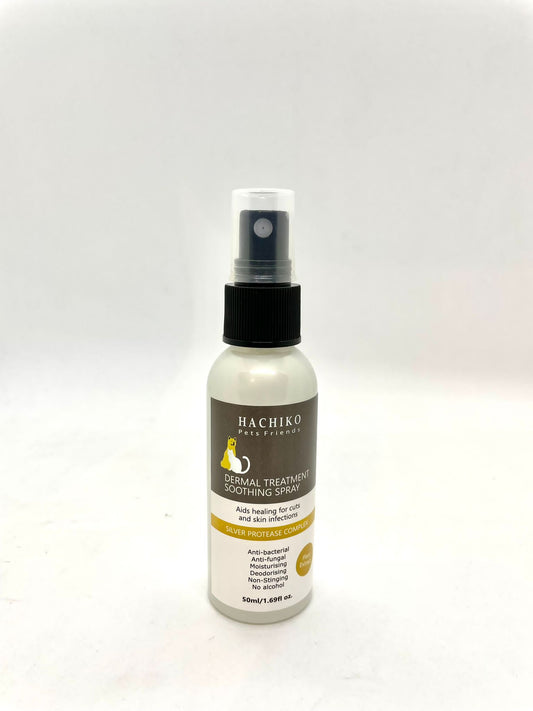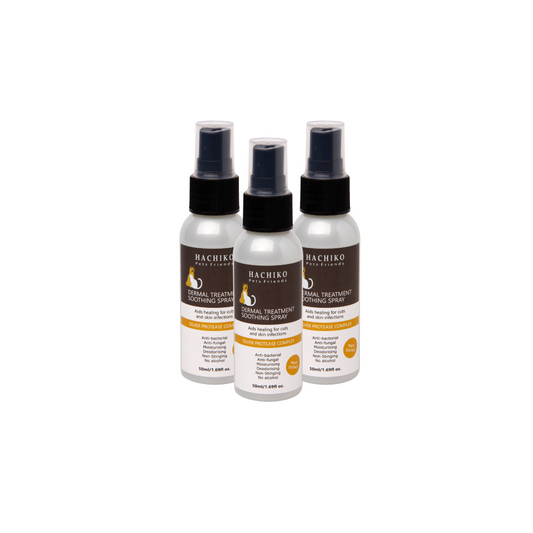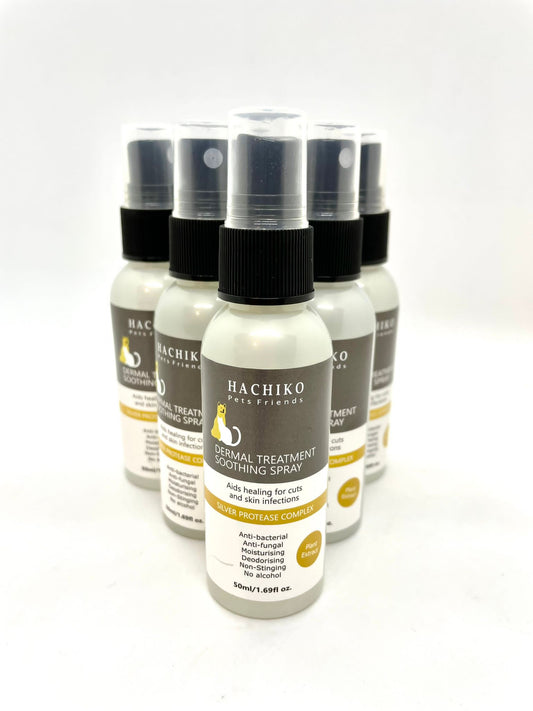
Caution on Excessive Licking Problems
Share
Your dog may bathe daily to stay clean by licking themselves. This is a natural animal habit. But excessive licking might be a clinical symptom of an underlying ailment. The most common cause of excessive licking in dogs is a dog allergic. People who own dogs have probably seen that their pets lick their toes (which may occasionally stain the coat due to enzymes in the saliva), lick and chew on their hind ends, and inner thighs of their thighs. Environmental allergies are caused by dusts, danders, pollens, and other airborne particles which lead to build-up on the skin and fur of the dog and in turn cause itching. However, allergies to flea bites and certain proteins in pet food can cause similar signs.
Anxiety and obsessive-compulsive disorder may also drive dogs to excessively lick their own bodies. Research shows that licking may soothe dogs by increasing the release of endorphins in their brains. This kind of behavior might be triggered by loud sounds, separation anxiety, or a shift in the surrounding environment. You must act early to halt or minimize this habit before the dog completely licks off all of its hair, which may cause skin infections (hot spots) and granulomas (acral lick granulomas) on the skin (which are masses that occur secondary to chronic abrasion with the tongue and inflammation to the area). As a result of these infections and granulomas, the dog may experience discomfort.
For our dogs, life expectancy is the most crucial consideration. Over time, excessive licking might diminish that characteristic. If you suspect that your dog is licking excessively, you should seek the advice of your veterinarian. There are a number of ways you and your veterinarian may assess whether or not your pet is showing indications of illness.



